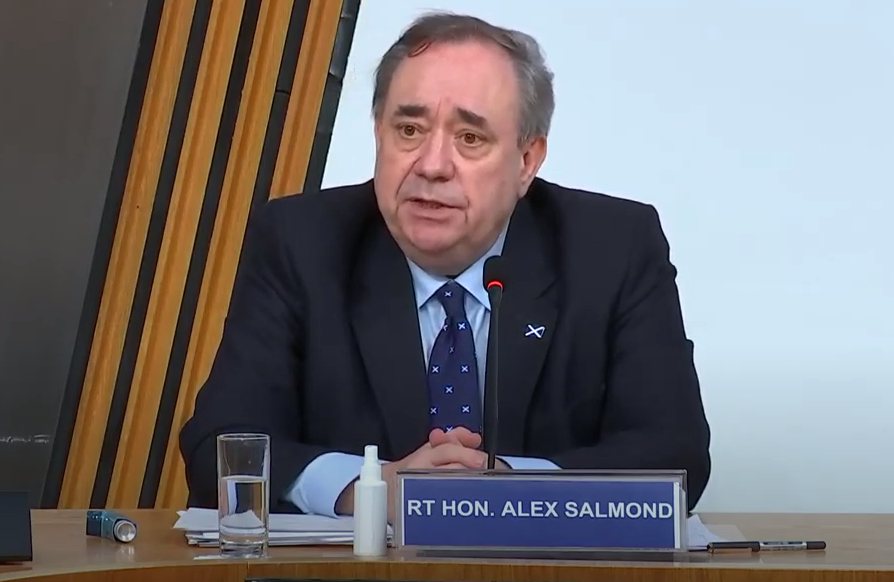24 March 2021 | UK NEWS
The EU and the UK have both issued a statement in an attempt to quash the vaccine war that is brewing.
Boris Johnson warned that a vaccine trade war would only leave “considerable” and “long-term” damage, as the European Union set out a position to prevent supplies of jabs being delivered to nations coping better in the pandemic.
The European Commission said on Wednesday that it might not approve or allow exports to nations with more advanced vaccine rollouts, or where there is a better “epidemiological situation”.
Only hours later, both the UK and the European Commission attempted to cool the evidently rising tensions.
In a joint statement, the UK Government and European Commission said that they were working together “to create a win-win situation and expand vaccine supply for all our citizens”.
“In the end, openness and global co-operation of all countries will be key to finally overcome [sic] this pandemic and ensure better preparation for meeting future challenges,” the statement said.
“We will continue our discussions.”
The EU had announced the move as it is engaged in an argument with AstraZeneca over supplies, but did not rule out Pfizer jabs being restricted to the UK if sufficient vaccines were not shipped.
The Commission’s Executive Vice-President, Valdis Dombrovskis, denied that the export authorisation refusal was targeted at any individual country, but said that 10 million jabs had moved from the EU to the UK since it introduced checks and that “zero doses” had returned from British plants.
UK Prime Minister Boris Johnson told MPs: “I don’t think that blockades of either vaccines or of ingredients for vaccines are sensible, and I think that the long-term damage done by blockades can be very considerable.”
“I would just gently point out to anybody considering a blockade or an interruption of supply chains that companies may look at such actions and draw conclusions about whether or not it is sensible to make future investments in countries where arbitrary blockades are imposed.”
Vice-President Dombrovskis argued that the controls are necessary because, while the EU is one of the “global hotspots of the pandemic”, it is also the “largest exporter of vaccines”.
Member States and the Commission will also consider two key factors before authorising vaccine exports under the mechanism, which was extended until the end of June.
The first of these is that they will consider whether the destination country restricts its own exports of vaccines, or raw materials, under plans aimed at tackling “reciprocity”. The second, under “proportionality”, is whether the “conditions prevailing” in the destination country are “better or worse than the EU’s”.
Alongside this, the epidemiological situation, vaccination rate and countries’ access to vaccines are also listed as particular considerations.
Across the EU, just over 11% of adults have received a first dose of a Covid-19 vaccine, but in the UK, the figure is more than 54%.

























